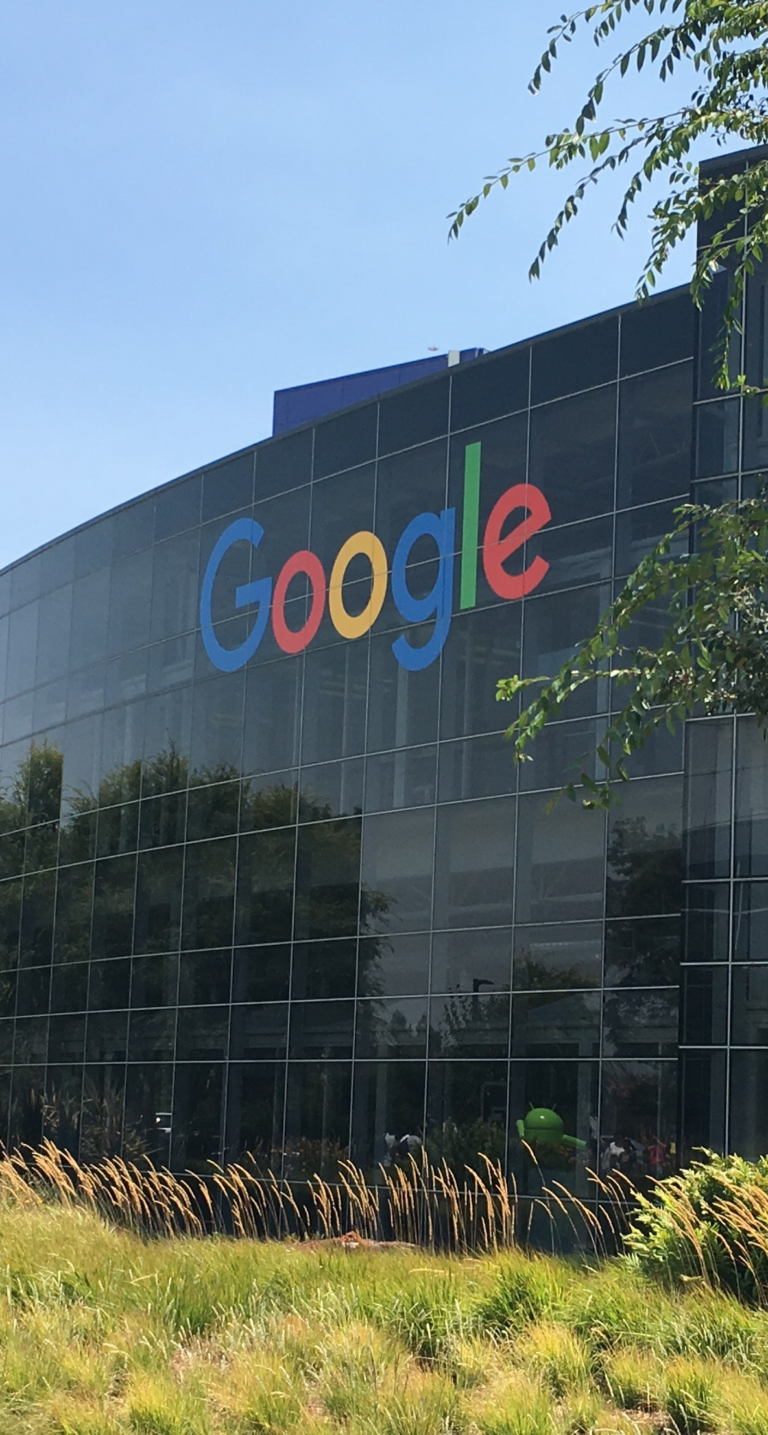Understanding GPT-4's Impact
Bing's Advantages
Enhanced Search Results: GPT-4’s integration with Bing allows for more accurate and comprehensive search results. Bing can now better understand the intent behind a search query, leading to more relevant and useful information being presented to the user.
Contextual Understanding: GPT-4’s advanced language processing abilities enable Bing to grasp the context of a search query more effectively. This means that Bing can provide more accurate answers, even for complex or nuanced queries, making it a valuable tool for research and knowledge gathering.
User Privacy: Privacy concerns have become increasingly important in recent years, and Bing has made significant efforts to prioritise user data protection. While Google Chrome is known for collecting user data for targeted advertising, Bing emphasises user privacy by limiting data collection and providing more control over personal information.


Chrome's Dominance
Familiarity and Ecosystem: Chrome has built a vast user base due to its speed, stability, and extensive ecosystem of extensions and apps. Users who heavily rely on these Chrome-exclusive features might find it challenging to transition to a different browser like Bing.
Synchronisation Across Devices: Chrome offers seamless synchronisation across multiple devices, allowing users to access bookmarks, browsing history, and extensions across platforms. This level of convenience is yet to be matched by other browsers, including Bing.
Developer Tools and Customisation: Chrome’s developer tools and customization options are highly regarded by web developers and power users. Its extensive library of extensions caters to specific needs and enhances productivity. Bing has yet to match this level of versatility.
The integration of GPT-4 into Bing undoubtedly enhances Microsoft’s search engine, providing users with more accurate search results and a better understanding of their queries.
But the question remains… whether it’s time to ditch Chrome in favour of Bing depends on individual preferences and requirements.
If you value precise search results, improved contextual understanding, and prioritized privacy, Bing with GPT-4 integration might be worth considering. On the other hand, if you heavily rely on Chrome’s familiar ecosystem, synchronisation across devices, and extensive customisation options, sticking with Chrome may still be the better choice.



